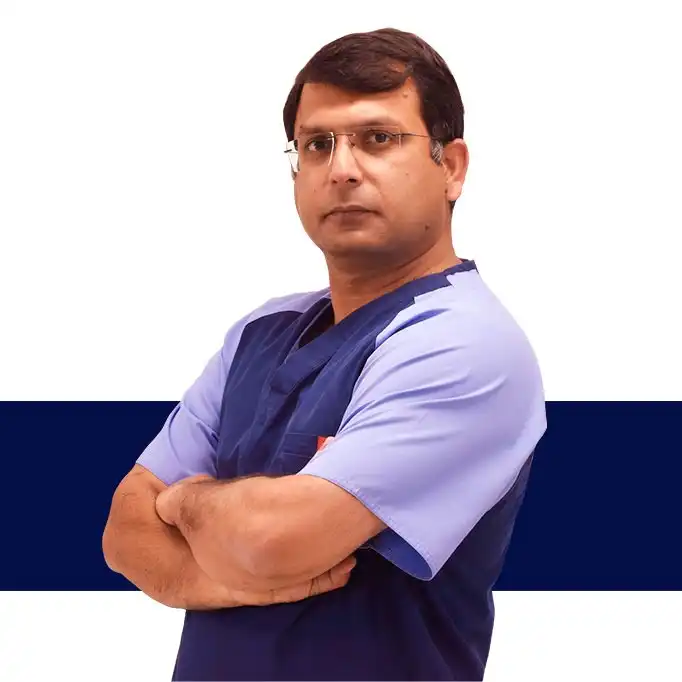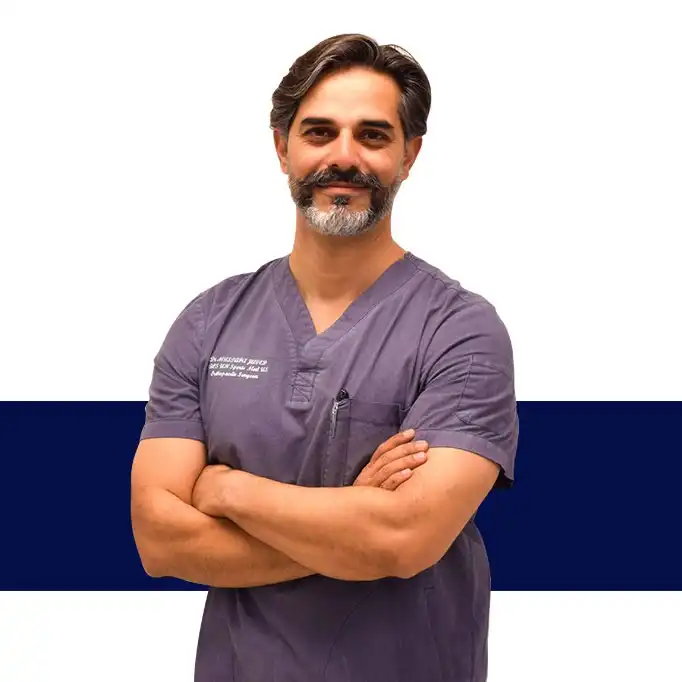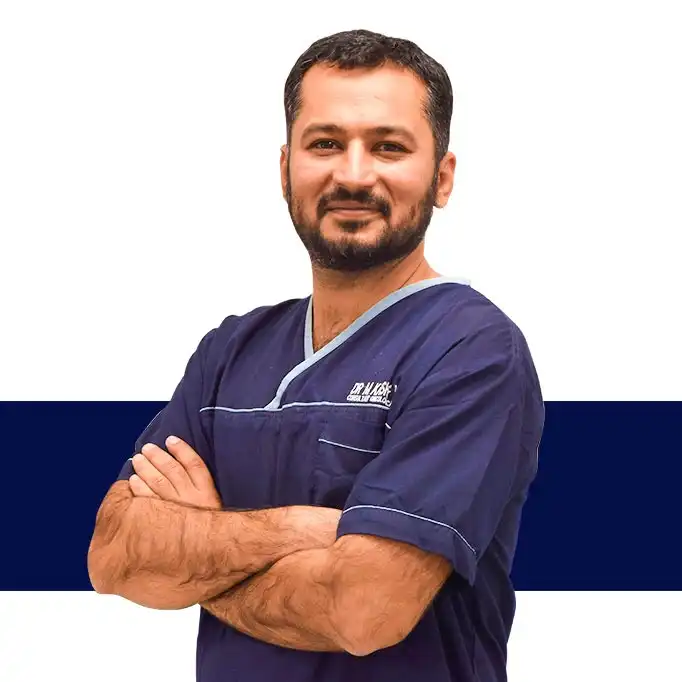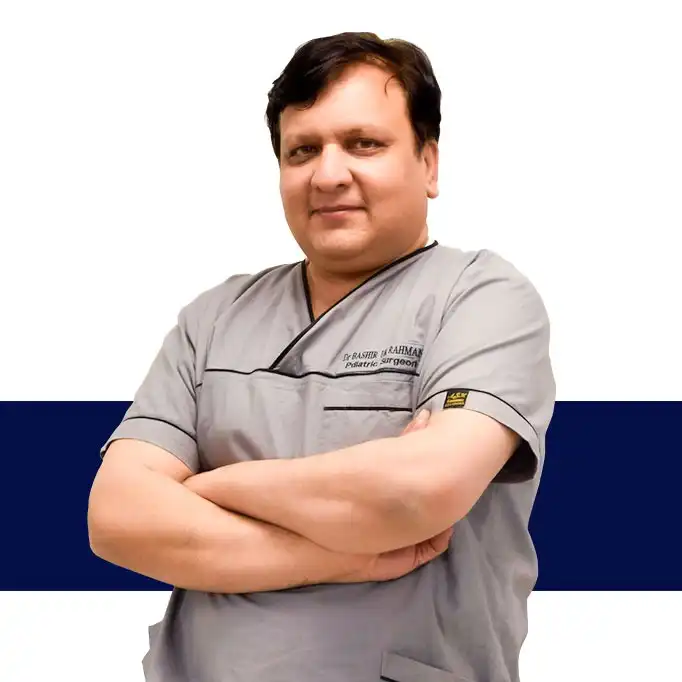Overview
Esophagus is a tube connecting the throat to the stomach and trachea is a tube which connects the throat to the windpipe and lungs. Tracheoesophageal fistula is a birth defect involving an abnormal connection between both tubes.
Both these tubes are normally separate. If otherwise, this can result in esophageal atresia, a condition in which milk and other fluids are inhaled into the baby’s lungs. It occurs during fetal development and becomes apparent right after birth.
Symptoms
The most common signs and symptoms are:
Difficulty in Breathing
Coughing or Choking while Feeding
Frothy White Bubbles in Mouth
Bluish Discoloration of Skin
Causes
Esophageal Atresia/Tracheoesophageal Fistula can be caused due to:
- Genetic Syndrome
- Muscular or Skeletal Problems
- Malformation of Wall Separating Esophagus and Trachea during Fetal Development
Diagnosis
Other than regular physical examination, a doctor may require to perform some tests to determine the best way of treatment. The tests may include:

X-Ray

Endoscopy
When to See a Doctor
Make an appointment right away if any worrisome symptoms appear.
Treatment
Treatment mainly depends on the type of abnormality and the overall health of the baby. Surgery is usually recommended by doctors to treat Esophageal Atresia/Tracheoesophageal Fistula.
It can be either done by either an open surgical procedure or minimally invasive technique which involves making a small incision in the child’s neck or back, wherever the TEF is located. This will help the surgeon to access the gap between the upper and lower part of the esophagus. After that, the connection between the esophagus and the trachea is closed followed by repairing the hole in the esophagus. Sometimes, multiple surgeries are required depending on the type of abnormality.
Surgeons at Curadors have successfully performed several such procedures over a period of 15 years. Our partnered facility, Maroof International Hospital has state-of-the-art operation theaters equipped with the world’s most advanced equipment to provide the best quality treatment to our patients.
Risks, Complications & Preventions
There is hardly any recurrence of TEF after the surgical procedure. However, children with EA/TEF can experience gastroesophageal reflux which causes heartburn, inflammation of the esophagus, and swallowing problems. Recurrent chest infections and asthma are also observed in the first few years after the surgery. Routine follow-up with the doctor is advised to prevent any further complications.
Book an Appointment


Dr. Faisal Murad
Chief of Surgery & Laparoscopic Surgery
M.B.B.S., MCPS, FCPS (Surgery), Fellowship Telemedicine

Dr. Mustafa Javed
Orthopedic Surgery
BSc, MBBS, MRCS (Edinburgh, UK), FRCS, Trauma & Orthopedics (Edinburgh, UK), CCT (Yorkshire, UK)


